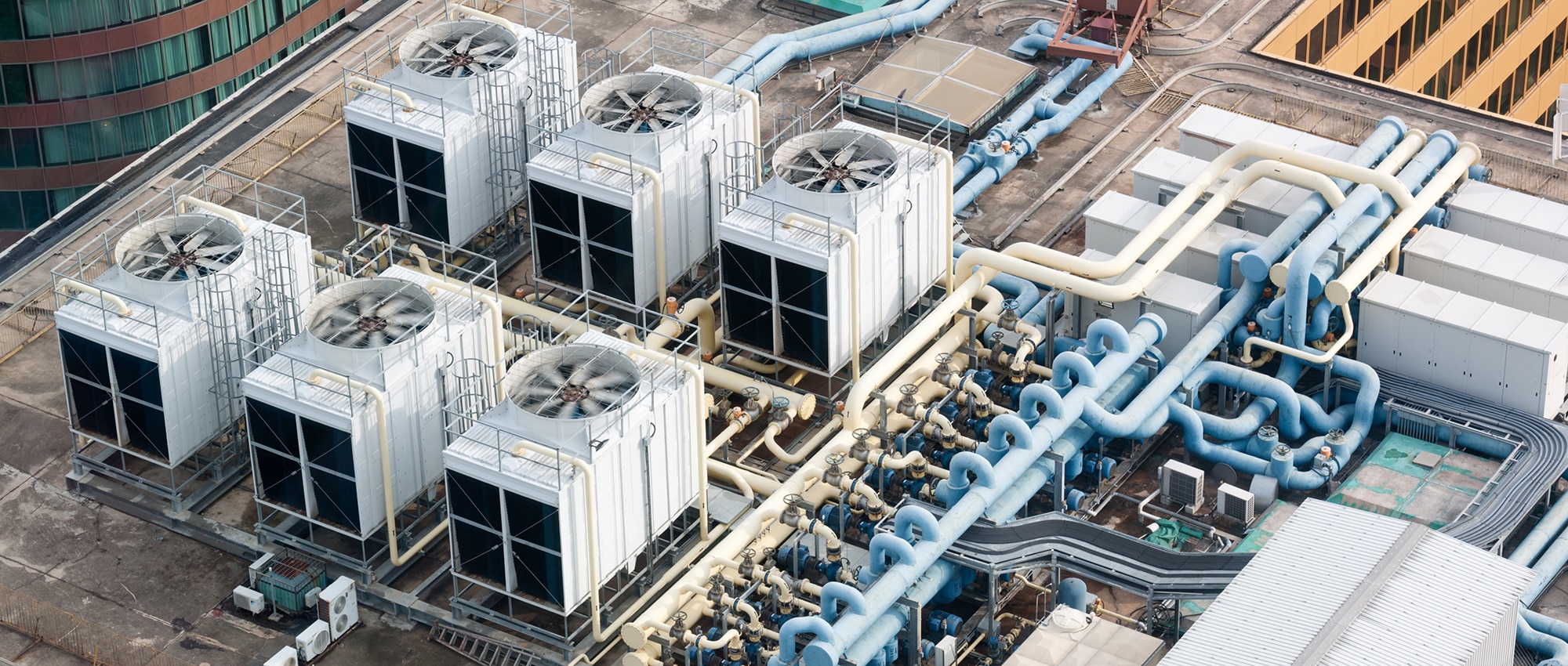The Genesis of Air Conditioning
Air conditioning, a ubiquitous feature in modern living and working spaces, traces its origins to the early 20th century. The initial concept was devised by Willis Haviland Carrier in 1902, who aimed to control humidity in a printing plant to ensure consistent paper quality. Carrier’s invention marked a significant leap from previous cooling methods, such as fans and ice blocks, by providing a system that could regulate temperature and humidity precisely. This invention laid the groundwork for the modern air conditioning systems we rely on today, transforming how we experience indoor environments.
Technological Advancements and Efficiency
Since its inception, air conditioning technology has undergone tremendous advancements. Early systems were bulky, inefficient, and expensive, limiting their use to industrial applications and affluent households. However, with continuous innovation, air conditioners have become more compact, energy-efficient, and affordable. The introduction of inverter technology, for example, has significantly enhanced efficiency by allowing the compressor to run at variable speeds, thus reducing energy consumption. Modern systems also incorporate smart technology, enabling users to control temperature settings remotely and optimize energy use, further reducing the environmental impact.
The Societal and Economic Impact
Air conditioning has had profound societal and economic impacts, reshaping lifestyles and economies across the globe. In hotter climates, it has made indoor environments more comfortable, improving productivity in workplaces and making homes more livable. This comfort has also contributed to the growth of industries such as retail and hospitality, where customer experience is paramount. Economically, the demand for air conditioning has spurred the growth of a massive global market, fostering innovation and creating jobs. Moreover, it has enabled the development of regions that were previously deemed uninhabitable due to extreme temperatures, thus promoting urbanization and economic growth in those areas.
Environmental Challenges and Sustainable Solutions
Despite its benefits, air conditioning poses significant environmental challenges. Traditional air conditioning systems are major consumers of electricity, often relying on fossil fuels, which contribute to greenhouse gas emissions. Additionally, the refrigerants used in these systems can be potent greenhouse gases if not managed properly. To address these challenges, there is a growing emphasis on developing sustainable solutions. Advances in green technology, such as solar-powered air conditioners and the use of environmentally friendly refrigerants, are paving the way towards reducing the environmental footprint of cooling systems. Policymakers and industry leaders are also advocating for stricter regulations and incentives to promote energy-efficient technologies and sustainable practices in the air conditioning sector.
In conclusion, air conditioning has evolved from a simple humidity control mechanism to an essential component of modern life, significantly impacting our comfort, productivity, and economic development. However, its environmental implications necessitate a concerted effort towards sustainable innovation and responsible usage to ensure a balance between comfort and environmental stewardship.air conditioning


